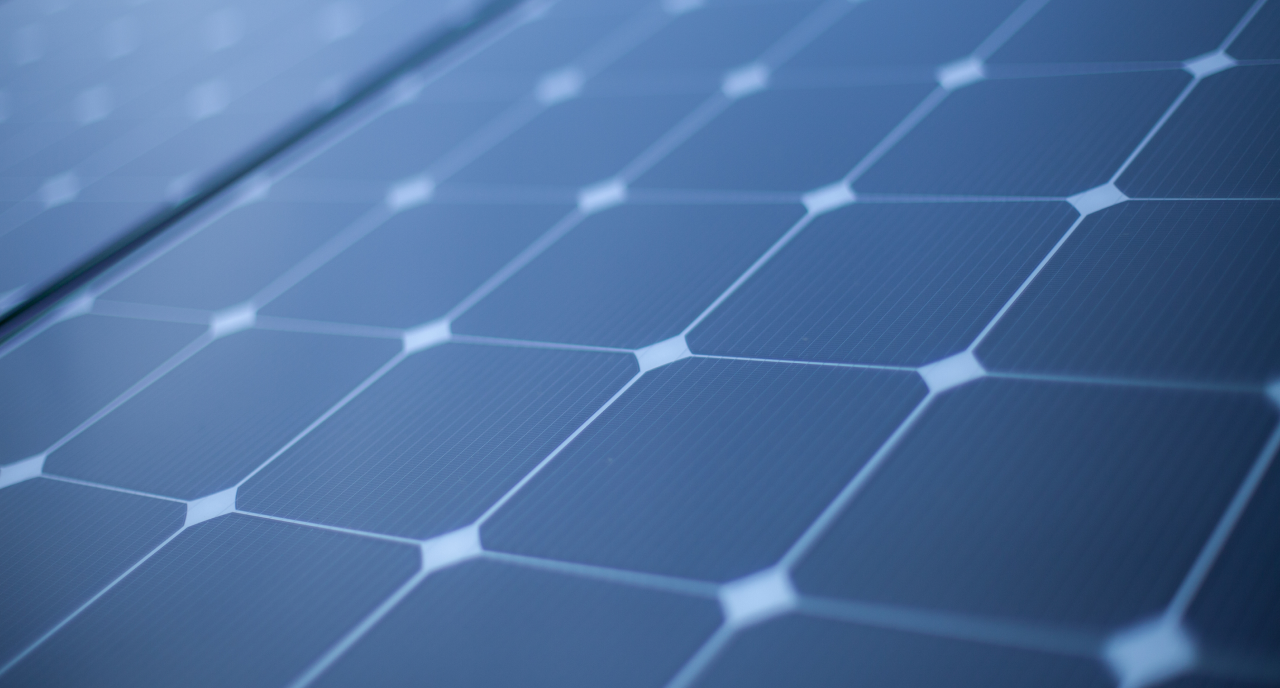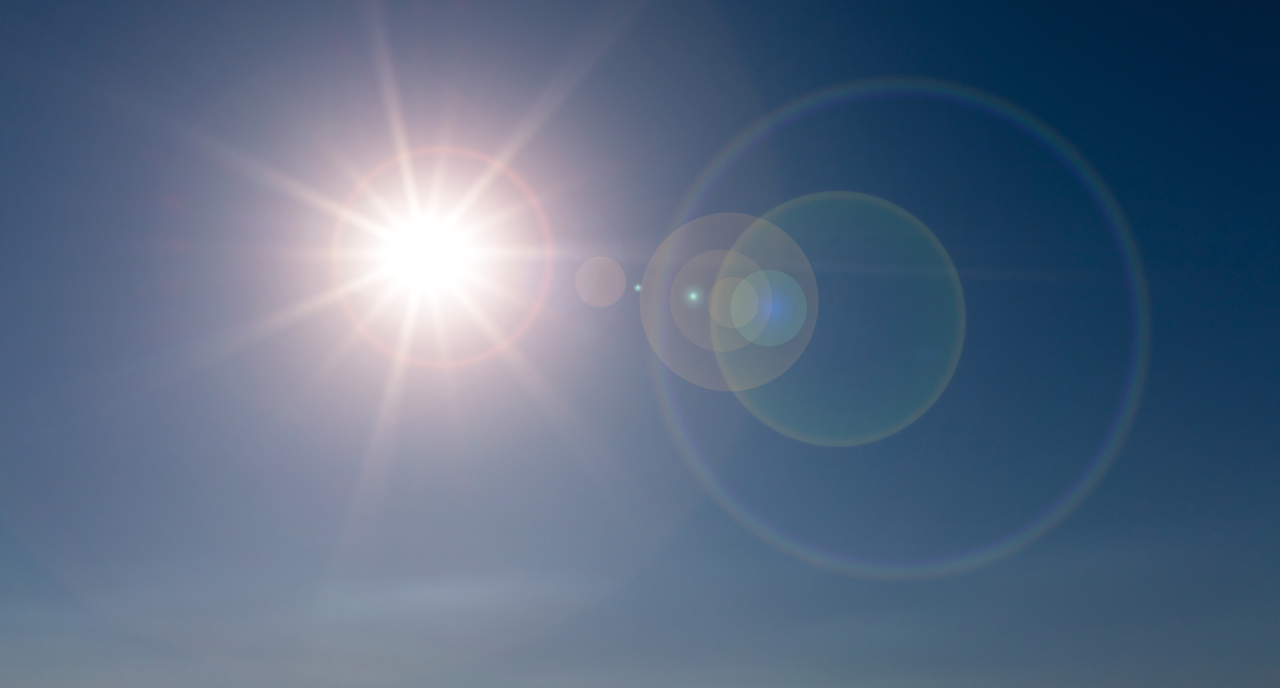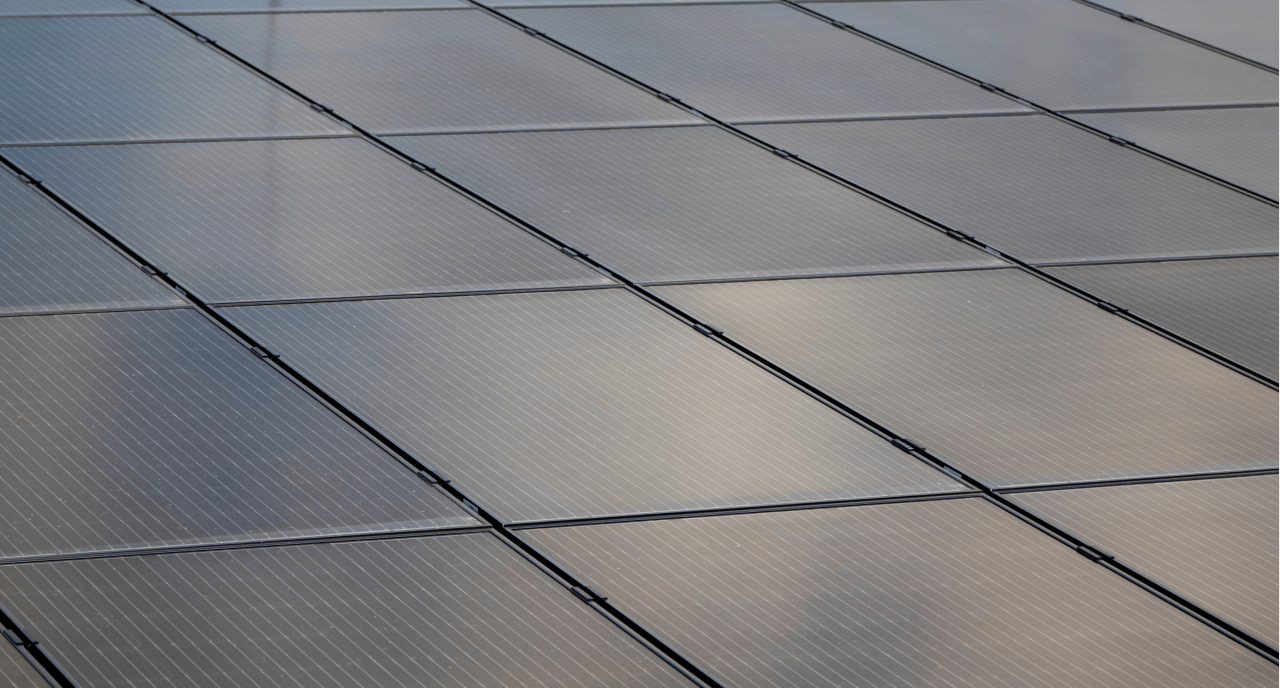How Many Solar Panels Do I Need?
Understanding what size system you need to power your home with clean energy.
Permitting - How to Boost Your Solar Project
Last edited June 7th, 2024

Wondering how many panels you need on your roof? It's important to know how much energy your system will produce compared with your average energy usage. Why pay for a bigger system than you need? Here are the items that Lumio engineers factor into your custom design.
8 Things to Consider
If you want to know what goes into the design process that Lumio engineers use to create a system that's unique to your needs, read on.
Yearly Energy Usage
We start by reviewing your power bill from the past twelve months—you'll have to help us by logging into your online account with your utility company or providing your utility bills. Then we add up the kilowatt-hours (kWh) from each bill in the last 12 months.
This is the total energy your home has consumed in the past 12 months. If your system produces about this much energy, you should be able to cover the majority of your energy usage, but may still need to pull from the grid occasionally.
Sometimes homes of the same size can have wildly different power usage because of how many people live there, the number and types of appliances in use, and the number of electric vehicles. Young families with busy households and shared spaces filled with roommates on different scheduled tend to use more energy month over month.
Roof
The average size of a solar panel is 5.5 feet by 6.5 feet and the average home needs between 20 and 25 panels which means the average home should have over 450 square feet of space on the roof to hold that many panels. This is just an average and every home has unique needs.
Lumio engineers calculate how much space is available on your roof to fit the panels. This step verifies how many panels can sit on your roof, which can be used to calculate the potential amount of energy you can generate.
Solar panels are the most efficient when facing south and at a 90 degree angle with the sun's rays. Lumio engineers will first use the parts of your roof that are optimal for solar panels so you can for the smallest number of panels with the greatest energy production.

Shade
Because solar panels turn the energy from sunlight into usable power, shade can reduce the efficiency of your panels and lower the energy production. Take a look at any trees, roof obstructions, or other buildings that may cast shade on your roof at any part of the day. While shade is great for keeping your home comfortable, it does negatively impact the efficiency of your solar system.
Shade doesn't have to be a roadblock for you to switch to solar. Our engineers use some pretty cool technology and satellite imaging to determine how your roof is affected by shade. They include this information in their design and may move panels into more efficient placed to provide you with optimal energy.
Peak Sun Hours
One peak solar hour is equal to the sun giving off 1000W/m2 in an hour. Location and season both affect the number of peak sun hours you panels would receive, which affects the efficiency of your panels. Systems that experience more peak sun hours will produce more energy than systems that experience less peak sun hours.
Lumio engineers take the peak sun hours into account when designing your system. This will be calculated into the expected energy production of your system and may require more or less panels to reach energy production that meets your needs.
Number of Panels
Let's take a look at how many panels (on average) are needed to run certain appliances for a year:
- Window Air Conditioner - 1 solar panel
- Refrigerator - 1 solar panel
- Heated Swimming Pool - 4 solar panels
- Electric Vehicle - 5 solar panels
If your home includes the above appliance configuration, you would need around 11 solar panels installed on your, on average, just to run those four appliances. The remaining panels would power your lights, alarm clocks, water heater, and any other small appliances you have plugged into your outlets.
If you're planning on investing in electric vehicles or other electric appliances, it's important to calculate the additional energy usage those would need.
Budget
Sizing your system depends on how much energy you want your solar panels to produce as well as your budget. The cost of solar panels has greatly reduced over the last ten years. Today's residential solar energy systems cost less than half as much as they did in 2010 and are more efficient.
While solar panels are still an investment, your monthly payment with solar will be a predictable cost plus any extra energy needed from the grid. Lumio engineers will factor in your budget when determining your system size and energy production.
Battery Backup
Backup battery storage systems create a more robust energy system for your home. While it can add to the cost of installation, it guarantees that your home will not have a lapse in power when all your neighbors experience a blackout.
Without a battery, your home would pull energy from the grid to keep the power on at night, during cloudy days, or in the middle of a blackout. With a battery, you can store excess energy produced and may allow for a smaller design because the battery storage will cover the energy needed during peak times.
Financing Options
Financing options vary, so it's best to talk to your solar consultant to determine what financing option is best for you. Knowing what you qualify for will play a role in deciding how big of a system you can afford. Financing options include solar mortgages, home equity lines of credit, cash, power purchase agreements (PPAs), and more. Fine out more about different financing options for solar here.
Additionally, you may want to consider certain tax breaks for installing energy-efficient improvements on your home. The federal government is currently offering 30% tax credits for solar panel installation through 2032. For more information about the Residential Clean Energy Credit click here.
Lumio engineers take your budget into account when designing your system, optimizing your cost-to-energy production to give you the best system for your needs.

Change to Your Plans
If any one of the departments finds something that needs to be updated or changed on your project plans, they will let us know that edits need to be made before they will give their approval. Don’t be worried when this happens. While we work hard to meet all codes and regulations before requesting a permit, occasionally something may fall through the cracks. Once those changes have been made and the city is satisfied, they will give you a permit, and your solar project can begin.
Make Power Personal with Our Custom Solar Panel Installations
You can be more energy efficient in the coming years while potentially saving thousands with one of our custom residential solar panel installations. Our custom layout and design can help you meet your power needs while not inhibiting the aesthetic value or curb appeal of your home.
Our engineers take into account everything that would affect the performance of your residential solar system, including:
- How much energy you use each month and the variances between months
- The shading on your lot
- Your peak sun hours
- The orientation and angle of your roof
- The amount of square footage you have available for your solar panel installation
- Backup battery storage system solutions
- Your overall budget
- How much you want your solar to offset your monthly energy usage
We understand that every home's power generation needs are unique. That's why all of our solar panel installations are customized for you. To learn more about how residential solar panels can help you save money on your home energy bills and to get an estimate, give us a call today.
Ready to see if Lumio is right for you? Our teams are standing by to help. Switch to solar today!
